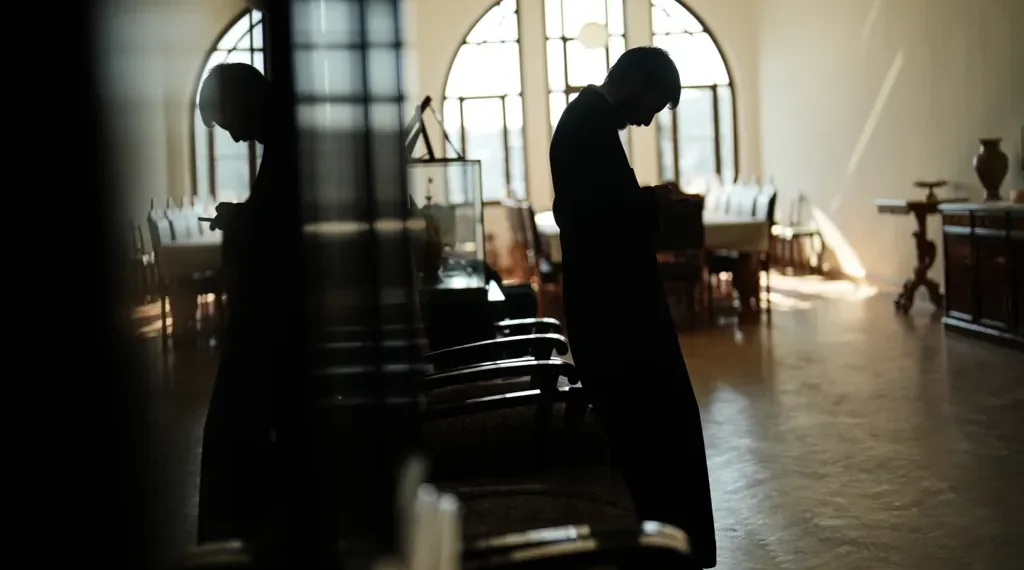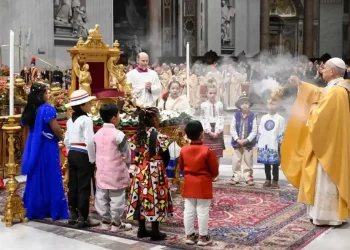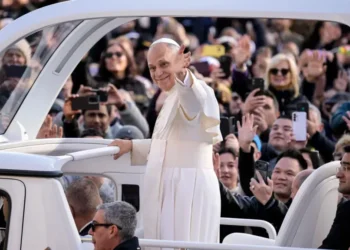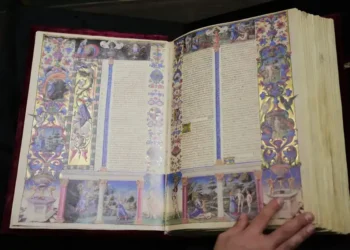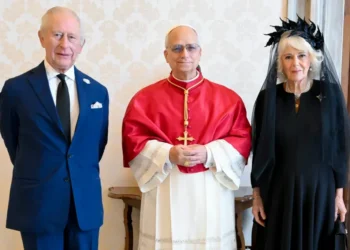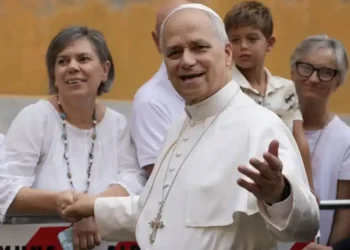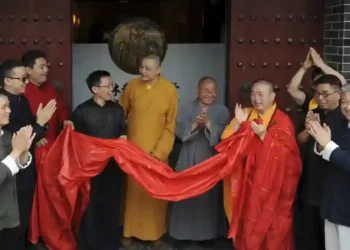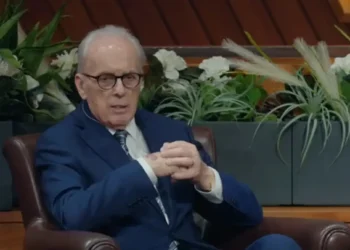Halki Seminary Could Reopen as Pope Leo XIV Visits Turkey
HEYBELIADA, Turkey (Journos News) – As Pope Leo XIV prepares for his first international trip, a renewed sense of optimism has emerged over the potential reopening of the Halki Theological School, a Greek Orthodox seminary closed since 1971. The seminary, located on Heybeliada Island near Istanbul, has long symbolized Orthodox heritage and broader discussions on religious freedoms in Turkey.
The Pope’s visit coincides with the 1,700th anniversary of the Council of Nicaea, a landmark event shaping both Catholic and Orthodox Christianity. His itinerary includes a meeting with Turkish President Recep Tayyip Erdogan and Ecumenical Patriarch Bartholomew I, spiritual leader of approximately 300 million Orthodox Christians worldwide.
Historical Significance of the Halki Theological School
Founded in 1844, Halki Seminary trained generations of Greek Orthodox clergy, including Patriarch Bartholomew I. The Turkish government closed the seminary under laws limiting private higher education, and despite legal reforms allowing private universities, it has remained shuttered for more than five decades.
Recent discussions between President Erdogan and former U.S. President Donald Trump in September signaled a possible shift. Erdogan pledged that Turkey would “do our part” regarding the seminary’s reopening, while previously linking such measures to reciprocal actions from Greece on the treatment of Muslims there.
Renovation efforts are ongoing at the school. One floor designated for clergy quarters and two classrooms have been completed, ready to welcome students once the seminary officially reopens.
Diplomatic and Religious Implications
Archbishop Elpidophoros, head of the Greek Orthodox Archdiocese of America, described the reopening as a critical step for Turkey, minorities, and religious freedoms. A joint committee of Patriarchate and Turkish government representatives has begun negotiations, with hopes to reopen the school by the next academic year.
“Keeping this school closed after more than 50 years is a political and diplomatic anachronism,” Elpidophoros said. He highlighted that Turkey now hosts numerous private universities and schools, making the seminary’s continued closure both unnecessary and symbolic of broader restrictions on minority rights.
Religious Freedom in Contemporary Turkey
The seminary’s status is widely regarded as a benchmark for Turkey’s treatment of its Christian population, estimated between 200,000 and 370,000 among nearly 86 million residents. Since taking office in 2002, Erdogan’s government has enacted reforms aimed at improving religious freedoms, including opening places of worship and returning confiscated properties.
However, legal recognition remains limited. Only Armenians, Greeks, and Jews—non-Muslim minorities acknowledged under the 1923 Treaty of Lausanne—can officially operate schools and places of worship. Other Christian denominations face obstacles registering churches or religious associations.
Isolated incidents, such as a 2024 attack on a Catholic church in Istanbul claimed by the Islamic State group, underscore ongoing security concerns. Turkey also dismissed reports of deportations targeting foreign Protestant nationals, calling them part of a “deliberate disinformation campaign.”
Historic and Cultural Context
Turkey’s treatment of Christian sites has attracted international attention. In 2020, Hagia Sophia in Istanbul was converted from a museum back into a mosque, prompting global criticism. Pope Leo XIV’s itinerary omits Hagia Sophia, although popes have visited the landmark in the past.
The Greek Orthodox Patriarchate, based in Istanbul, is recognized globally as “first among equals” in Orthodox Christianity. Yet, under the 1923 treaty, Turkey only acknowledges the Patriarch as head of the local Greek Orthodox minority, not the broader ecumenical authority. The Patriarchate’s origins trace back to the Byzantine Empire, which fell to the Ottoman Turks in 1453.
Community Perspectives on Reopening
Visitors and religious leaders emphasize the seminary’s potential role in fostering dialogue and cultural understanding. Agnes Kaltsogianni, a Greek visitor, described Halki as a bridge for improved ties between Turkey and Greece. “There should be gradual improvement between the two countries on all levels, and this (school) can be a starting point for major cultural development,” she said.
Archbishop Elpidophoros, who served as Halki monastery abbot for eight years before becoming Archbishop of America, noted that the seminary embodies a “spirit” of openness, dialogue, and coexistence. “The entire world needs a school with this spirit,” he said, emphasizing its global significance beyond the Orthodox community.
Looking Ahead
The reopening of Halki Seminary represents both a symbolic and practical milestone for religious freedom in Turkey. As Pope Leo XIV’s visit draws attention to this historic institution, international observers and local communities alike are watching closely, anticipating a step forward in preserving religious heritage while strengthening cross-cultural and diplomatic relations.
This article was rewritten by JournosNews.com based on verified reporting from trusted sources. The content has been independently reviewed, fact-checked, and edited for accuracy, neutrality, tone, and global readability in accordance with Google News and AdSense standards.
All opinions, quotes, or statements from contributors, experts, or sourced organizations do not necessarily reflect the views of JournosNews.com. JournosNews.com maintains full editorial independence from any external funders, sponsors, or organizations.
Stay informed with JournosNews.com — your trusted source for verified global reporting and in-depth analysis. Follow us on Google News, BlueSky, and X for real-time updates.
